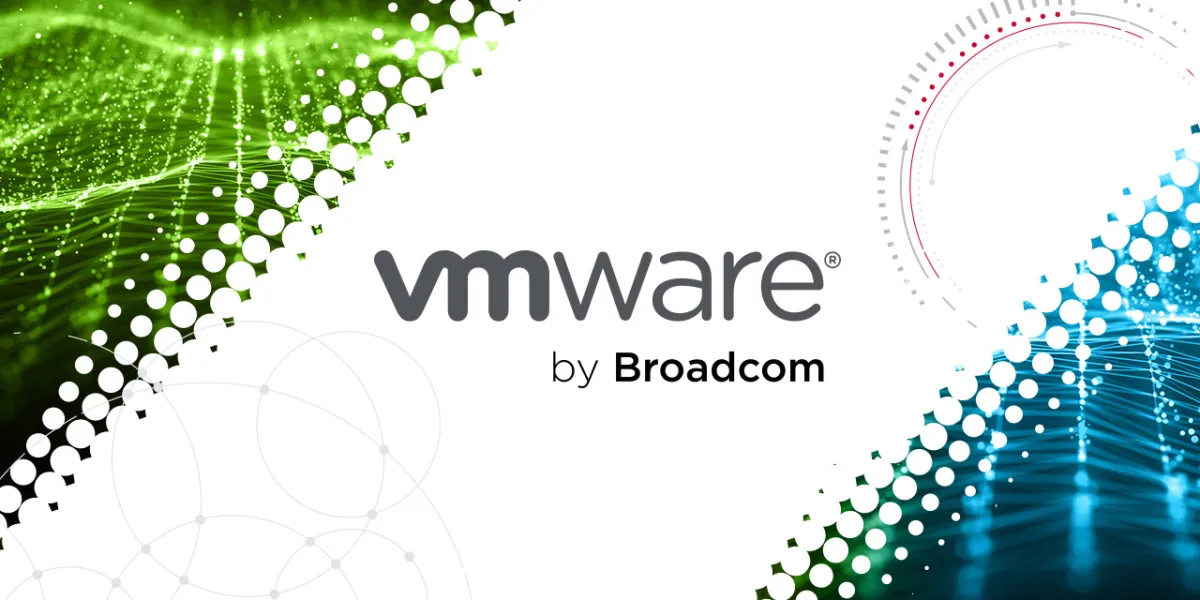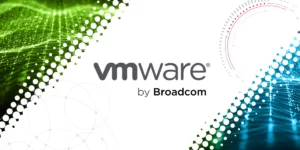For those of you who have been living under some form of large boulder, VMware, who can’t seem to go without having some sort of sugar daddy and finally break out on to their own, after over a year of jumping regulatory hurdles in several countries has finally been fully acquired by Broadcom. Yes, that Broadcom, the semiconductor company. For those not playing along, other software companies such as CA (Computer Associates) and Symantec were acquired by Broadcom in the past as well, though not necessarily for the betterment of those companies according to the court of public opinion.
VMware CEO Hock Tan has not delayed any changes to the company since the acquisition. For a couple of tumultuous months, several VMware employees received offers to keep or change jobs within the company. Many of the offers involved a new job title with the same or more responsibilities. However, after what seemed to be immediately after the acquisition closure, thousands of VMware employees were laid off as changes to the company were orchestrated including changing the structure to four separate business units and reportedly major changes to the company culture. Some business units were blessed with focus on growing the business. Some products were announced to be spun off within a year (looking at you Carbon Black and End-User Computer (EUC) products like Horizon and Workspace One). However, many in the VMware ecosystem patiently (or rather, impatiently if you’re active on Redditor Link1 Link2) awaited updates on what exactly was happening with the vSphere and it’s enterprise cousin, VMware Cloud Foundation (VCF) products. For months is was believed that the perpetual licensing model would be done away with, and the products would be moved to a subscription model. In the world of vSphere, that would be the vSphere+. Companies in fear of massive price increases clamored to renew licenses with multi-year agreements to beat the price increases or obsolescence of the perpetual model. Countless posts have been made across the internet to find out what other products folks intended on evaluating to replace ESXi, be it Nutanix AHV, Microsoft Hyper-V, Proxmox, or one of several open source products out there, though the general consensus is that none of them are as well bake as ESXi. All in all, a massive amount of FUD (Fear, Uncertainty and Doubt).
Earlier this week VMware announced the change that we’ve all been on the edge of our seats for, though much faster than many of us expected. VMware is indeed ending the perpetual models of VMware vSphere and VMware Cloud Foundation, and is moving wholly to a subscription model. However, it was also announced that the subscription model pricing would be cut in half. I no longer work in an environment where VCF makes sense, so the focus of this post is around the vSphere and it’s former vSphere brethen, vSphere+ lived. And again, no time was wasted in ending the perpetual models. Highlights of the announcement below in regards to what is now called vSphere Foundation subscription models and the demise of vSphere/vSphere+ that I have cherry-picked from the announcement.
Complete the transition of all VMware by Broadcom solutions to subscription licenses, with the end of sale of perpetual licenses, Support and Subscription (SnS) renewals for perpetual offerings…
The new VMware vSphere Foundation delivers a more simplified enterprise-grade workload platform for our mid-sized to smaller customers. This solution integrates vSphere with our intelligent operations management to provide the best performance, availability, and efficiency with greater visibility and insights.
Customers may continue using perpetual licenses with active support contracts. We will continue to provide support as defined in contractual commitments. We encourage customers to review their inventory of perpetual licenses, including Support Services renewal and expiration dates. Broadcom will work with customers to help them “trade in” their perpetual products in exchange for the new subscription products, with upgrade pricing incentives.
Q: What are the changes to perpetual licenses? A: As part of our transition to subscription and a simplified portfolio, beginning today, we will no longer sell perpetual licenses. All offerings will continue to be available as subscriptions going forward. Additionally, we are ending the sale of Support and Subscription (SnS) renewals for perpetual offerings beginning today.
Q: Can customers still purchase and add additional perpetual licenses after today? A: After a customer’s effective date for the end of availability of perpetual licenses, customers will not be able to purchase new perpetual licenses. Customers will be able to purchase subscription software or term licenses to supplement or replace their current perpetual-licensed install base.
Q: Can customers renew their Service and Support (SnS) contracts after today? A: No, customers cannot renew their SnS contracts for perpetual licensed products after today. Broadcom will work with customers to help them “trade in” their perpetual products in exchange for the new subscription products, with upgrade pricing incentives. Customers can contact their VMware account or partner representative to learn more.
VMware by Broadcom Dramatically Simplifies Offer Lineup and Licensing Model, https://news.vmware.com/company/vmware-by-broadcom-business-transformation
So in summary, vSphere is going away, and what is essentially vSphere+ is being rebranded as VMware vSphere Foundation, with pricing cut in half. What exactly that pricing will be I don’t know at this time, but I can tell you that I’m going to be contacting our distributor from which we purchase VMware licensing shortly. And for our clients that have quotes pending for vSphere products, we’ll be in touch to requote those with the new vSphere Foundation product as soon as we know what that pricing structure is going to look like.

